"Shared clinical decisions and patient participation in care and research"
06.10.2020 | 16h (CET)
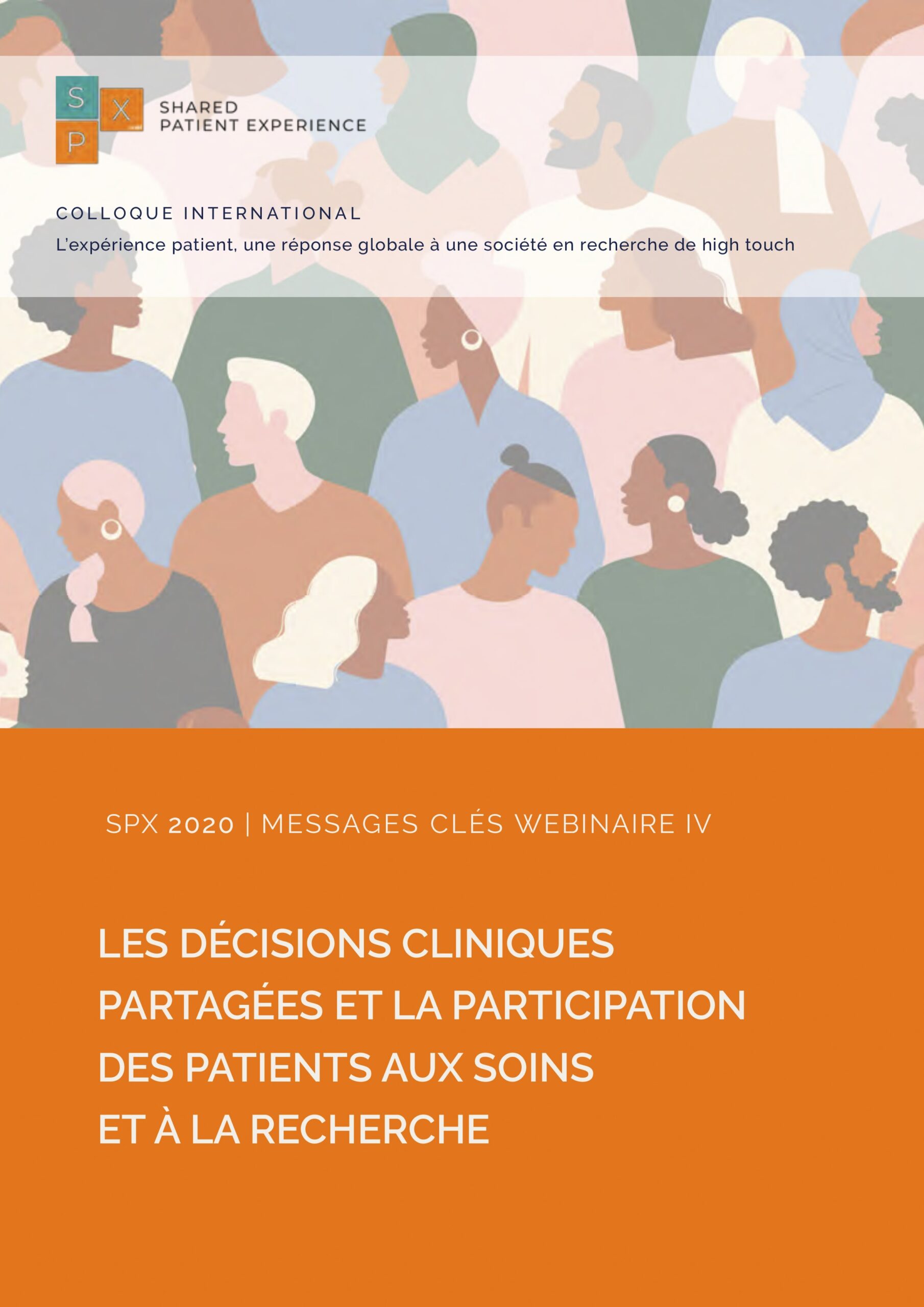
Shared clinical decisions and patient participation in care and research
Description: This document, presents the key messages as well as the opinions of the experts who participated in the webinar. It addressed “Shared clinical decisions and patient participation in care and research”. It was sponsored by the Léon Bérard Centre in Lyon, France.
Send download link to:
The patient is no longer the passive being who confides in the doctor. Humans are professionals just as much as they are patients. Treatment and monitoring of chronic conditions have changed the dynamics and balance of the doctor-patient relationship, and asymmetry in reporting no longer appears to be the norm. A new relational framework characterized by clinical decisions shared with the patient is beginning to be highlighted. How to promote patient participation in clinical decisions? What procedures to enhance the patient’s participation in decision-making?
SPEAKERS
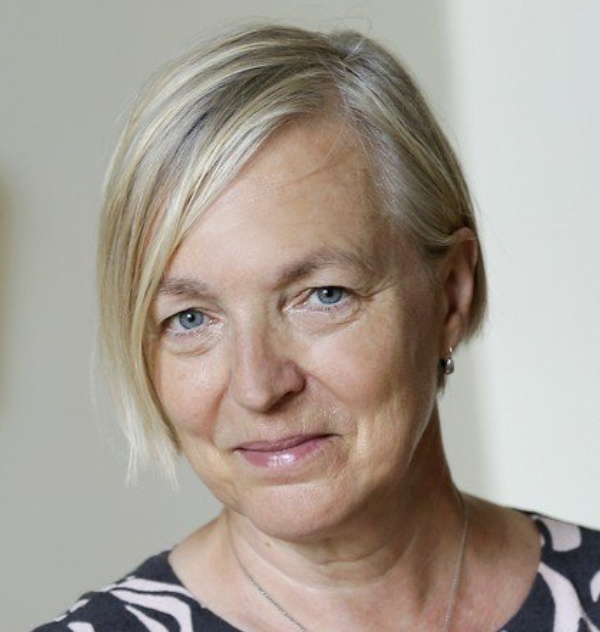
Prof. Chantal VAN AUDENHOVE
Director of LUCAS, Centre for Care Research and Consultancy, KU Leuven.
Prof. Dr. Chantal Van Audenhove is a full professor at the Academic Center for General Medicine (ACHG) at the KU Leuven. She teaches courses in psychology and applied communication for medical students and students in dentistry. She is also the director of LUCAS, the Centre for Care research and consultancy of KU Leuven, expert in practice- and policy oriented research. As promotor-coordinator of the Policy Research Centre for Welfare, Public Health and Family (SWVG) she is responsible for the management of a network of researchers all over Flanders. Her research topics concerns: shared decision making, care for persons with dementia and community mental health care.
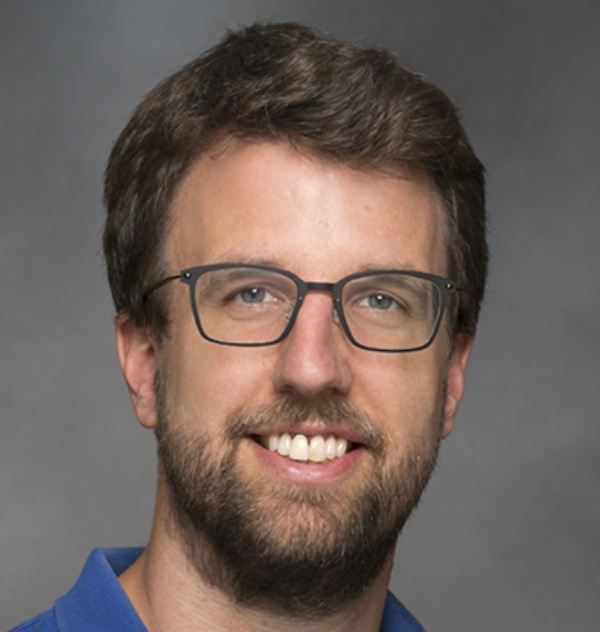
Dr. Kevin SELBY
Clinic director at Unisanté, University of Lausanne.
Originally from Canada, Kevin Selby studied medicine in Boston at Harvard Medical School, followed by a specialization in internal medicine at the Beth Israel Deaconess Medical Center. In 2012, he moved to Switzerland where he completed his training in general internal medicine at the University Centre for General Medicine and Public Health (Unisanté) in Lausanne and became a clinical director. In 2016, he leaves to pursue training in clinical epidemiology at the University of California, San Francisco, and as a postdoctoral fellow at the Kaiser Permanente Division of Research at the University of California, San Francisco. There, he will use patient databases from the healthcare network to improve colorectal cancer screening. Since his return to Unisanté in 2018, he divides his time between clinical work in general internal medicine and an activity in teaching and research. Dr. Kevin Selby’s current research focuses on cancer prevention and the implementation of Shared Decisions in clinical practice.
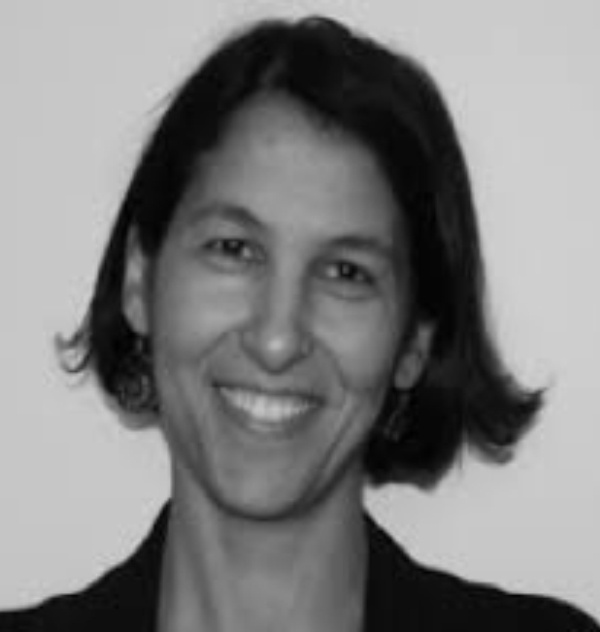
Mrs. Nora FERDJAOUI-MOUMJID
Associate Professor (MCU-HDR), Pharmaceutical Public Health Department, Claude Bernard Lyon 1 University.
Nora Moumjid is a Senior Lecturer at the Faculty of Pharmacy (ISPB) of the Claude Bernard Lyon 1 University and a member of the HESPER team (EA 7425, Lyon 1 University) and of the Cancer and Environment Department of the Léon Bérard Regional Cancer Centre in Lyon. Her research analyses the preferences of users in the context of health decisions which concern them. His conceptual and empirical work in cancerology relates, on the one hand, to the revelation of individual preferences and, more specifically, to shared decision-making in the doctor-patient encounter, based on the development of information and decision aids and, on the other hand, to methods of revealing collective preferences to health care users (contingent evaluation and discrete choice methods).
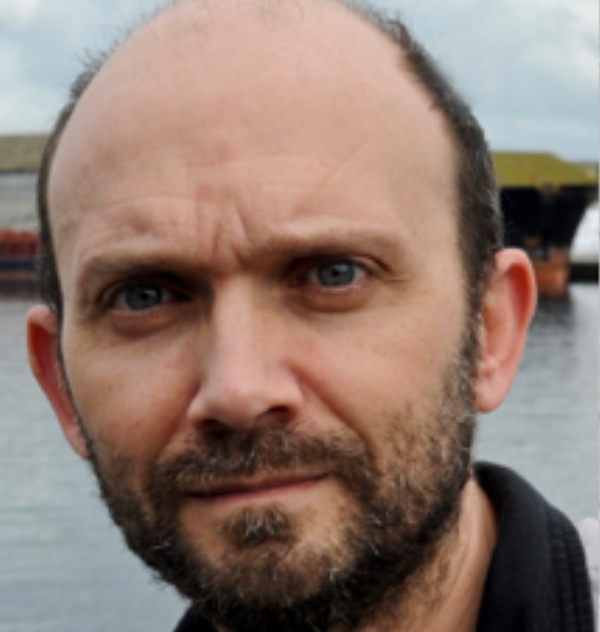
Dr. François BLOT
Head of the Resuscitation Department, Institut Gustave Roussy.
François Blot is a doctor at the Gustave Roussy Cancer Centre in Villejuif (France), in charge of the intensive care unit since 2009. Holder of a university degree in Ethics and Medical Practice, he chairs the hospital’s Ethics Committee, whose work focuses on the principle of autonomy, in particular shared decision-making processes (SDM) and partnership with patients. He is a member of the International Shared Decision Making (ISDM) Society, co-founder of the collaborative francophone group for shared decision making (FREeDOM, http://freedom-francophone.fr/), member of the SPIS college (Ministry of Health) on shared decision making in cardiovascular disease, and author/co-author of articles and presentations on this topic. Finally, he is a member of various working groups on the patient experience (Unicancer Group; Council for the Commitment of Users at the High Authority for Health; collaborative group Associons nos Savoirs, https://associons-nos-savoirs.fr/; etc.).
VIDEO PRESENTATIONS
Prof. Chantal VAN AUDENHOVE
Director of LUCAS, Centre for Care Research and Consultancy, KU Leuven.
Dr. Kevin SELBY
Clinic director at Unisanté, University of Lausanne.
Mrs. Nora FERDJAOUI-MOUMJID / Dr. François BLOT
Associate Professor (MCU-HDR), Pharmaceutical Public Health Department, Claude Bernard Lyon 1 University (Lyon). / Head of the Resuscitation Department, Institut Gustave Roussy (Villejuif).
With Mr. Stéphane Guyot-Sionnest (business manager; Paris), Dr. Christelle Faure (surgeon-gynecologist, Centre Léon Bérard, Lyon), Ms. Marie-Anne Durand (researcher in psychology, University Toulouse 3 Paul Sabatier, Toulouse).
PANNEL DISCUSSION
The patient is no longer the passive being who confides in the doctor. The human being is as professional as he is patient. In France, the Law of 4 March 2002, known as the Kouchner Law, established a paradigm shift towards health democracy, with two closely related principles: the free and informed consent of the patient to the acts and treatments proposed to him or her, and its corollary, the patient’s right to be informed about his or her state of health. The treatment and monitoring of chronic diseases have changed the dynamics and balances of the doctor-patient relationship. Asymmetry in the communication of information no longer seems to be the norm. A new relational framework characterized by shared clinical decisions[1] with the patient is beginning to be put forward. How can patient participation in clinical decisions be promoted? What procedures need to be put in place to promote patient participation in decision-making?
[1] A clinical situation is defined by the fact that there are several treatment options with identical survival.
